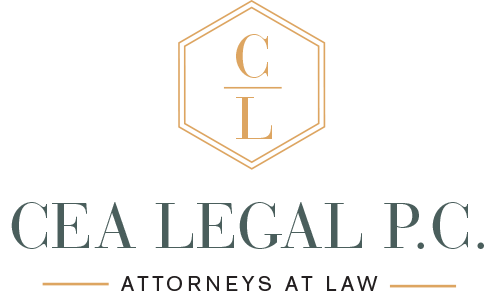NFTs, explained
What Is An NFT? How Do NFTs Work?
Binance, the largest cryptocurrency exchange in the world, advertised that it would release its own Non-Fungible Token (NFT) market on June 24, following the steps of other major players in the industry, such as Gemini.
Like cryptocurrencies, NFTs are digital assets that register an immutable transaction on a blockchain. The majority of NFTs are currently operated on the Ethereum open-source, decentralized platform.
However, unlike a cryptocurrency such as Bitcoin, an NFT is unique and cannot be exchanged for another NFT (non-fungible for a reason), but instead is specifically associated with a digital artwork or digital audio, or any other digital file. Additional features are scarcity, given that creators can limit the numbers of the digital assets in circulation, and indivisibility, as NFTs cannot be broken down. At the same time, they can only be traded whole.
An NFT stores exclusive information that proves the authenticity and ownership of the underlying asset. That does not mean that the copyrights are automatically transferred. In like manner, an art collector does not acquire authorship of the artwork pieces hanging in her property. An NFT buyer does not get the copyright of the digital asset associated.
One very interesting feature of NFTs is facilitating ongoing royalties’ payments. Since transactions are perfected through “smart contracts,” – which are self-executing software codes performed on a public blockchain, the initial creator can receive automatic payments, thus opening new revenue streams for some artists that otherwise could not track the market of their works.
The use of NFTs is much broader than art and music: collectibles, merchandise, identity documents, titles to houses and cars, event tickets, to name a few, can all be embodied in NFTs.This is why the potentialities of this technology cannot be discounted, especially in light of the undeniable benefits brought to streamline and simplify the proof and transfer of ownership of digital items, which can be verified by anyone on the blockchain public ledgers and traded freely without intermediaries. Another significant aspect that suggests widespread adoption of NFTs is fraud prevention, making it practically impossible to counterfeit
Since NFTs act like deeds of title that can be indissolubly encrypted and also associated with a physical object and cannot be altered or destroyed, they make forgery practically impossible. Not surprisingly, many luxury brands were studying this technology and began implementing it in their business practices. For instance, while a Vuitton handbag can be (more or less) easily counterfeited, an NFT associated with the same item cannot be duplicated. Once the majority or all of luxury goods are correlated to NFTs, counterfeiting will probably be defeated. Not only that. Thanks to the “smart contracts” technology that can assure ongoing and perpetual royalties, the incentives for purchasing fake products are significantly reduced because it is more lucrative spending more for an NFT linked-asset that is pricey but will generate royalties than spending less for something that is apparently similar but does not have the precious features given by NFTs.
The uses of NFTs beyond the art industry are particularly promising and potentially endless because NFTs can be tied to almost any object and bring uniqueness, authenticity, ownership, and any other information that the creator of the NFT intends to share. For instance, it is very interesting how NFTs can benefit the food distribution industry, assuring traceability and implementing de facto “farm to table” models (an NFT can store immutable information about how the beef we are eating has been raised).
Finally, it is worth mentioning that NFTs facilitate fractioning of the underlying assets (not of the NFT per se, which cannot be divided), thus allowing micro-finance and small investors access to otherwise inaccessible assets, such as an expensive piece of real estate.

